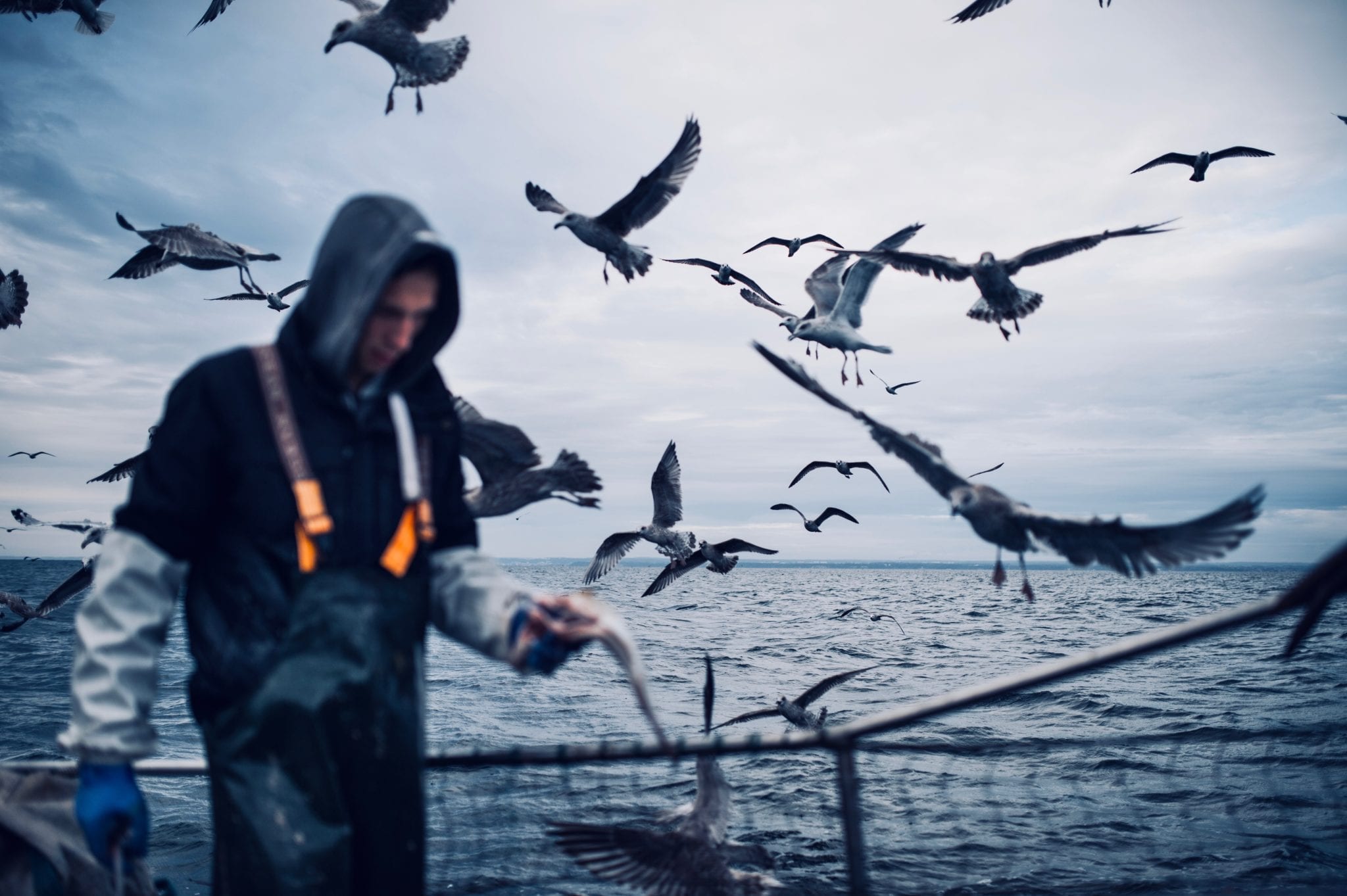BY JILL CLINTON, JULY 4th 2018
As is tradition every Fourth of July, families all over the northeast are firing up their grills to prepare delicious lobster and clambakes. However, what seems like a standard cookout on the East Coast, may soon be threatened by climate change. The Gulf of Maine, a spot famous for its lobster, may be in danger as it is one of the world’s fastest warming bodies of water in the world, heating at a faster rate than 99% of all others. This rapid warming could threaten commercial fishing, an essential industry in the state. Maine has the 3rd most valuable commercial fishing industry in the nation, with lobster alone bringing in $443 million in 2017 and supporting over 4,000 jobs in the state. When including transportation and vendors, the lobster industry is a $1 billion dollar industry.
Maine has strict lobstering regulations enforced by the fishermen themselves that has sustained the industry over the years, but fishermen are concerned that increasingly warming waters could be bad for lobster larvae and even cause the lobster population to shift northward up to 200 miles to cooler water. At current temperatures, they’re able to reproduce and thrive, but cannot survive in water temperatures above 70 degrees fahrenheit. While warming waters may have initially helped lobster populations, fishermen now fear it has gone too far. Dave Cousins, former president of the Maine Lobstermen’s Association stated, “ Climate change is going to kill us, in probably the next thirty”, when asked about climate change’s impacts on fishing. Mr. Cousins’ concerns may not be far off as last year lobster landings dropped by almost $100 million from its 2015 peak.
Lobsters aren’t the only ones in danger. The Atlantic Cod, famous in the Northeast, and well known for declining populations due to overfishing, is also adversely affected. Studies suggest that warming trends in the Gulf of Maine may reduce cod habitat by 90% by 2100.
Shellfish, such as clams, are also at risk. Clams, a main source of food for lobster, and a delicacy itself, is under threat due to ocean acidification that coincides with warming water temperatures. In increasing acidity, clams are not able to produce calcium carbonate, which is an essential compound in creating their shells. Without calcium carbonate, their shells become deformed or paper thin, leaving them unable to reproduce and vulnerable to predation.
The threat of warming waters to these species as well as others in the Gulf of Maine has prompted researchers in the area to investigate why the Gulf of Maine is one of the fastest warming water bodies in the world. Researchers at the Bigelow Laboratories as well as the Gulf of Maine Research Institute conclude that the warming is largely due to a northward shift of the gulf stream, which is bringing warmer water poleward. Changing circulation patterns in the atmosphere driven by increased greenhouse gases cause this northward shift and contribute to increased temperatures and acidification of the ocean.
Lack of action on this issue can lead to the loss of major economic industries in Maine, and lead to shortages of seafood nationwide making it harder for consumers to find the seafood they enjoy so much.This issue is not just a climate issue but also a economic and food security issue that we cannot push off to a later date. Maine’s fishing industry is a perfect example of how climate action aligns with business interests and can address market issues.









